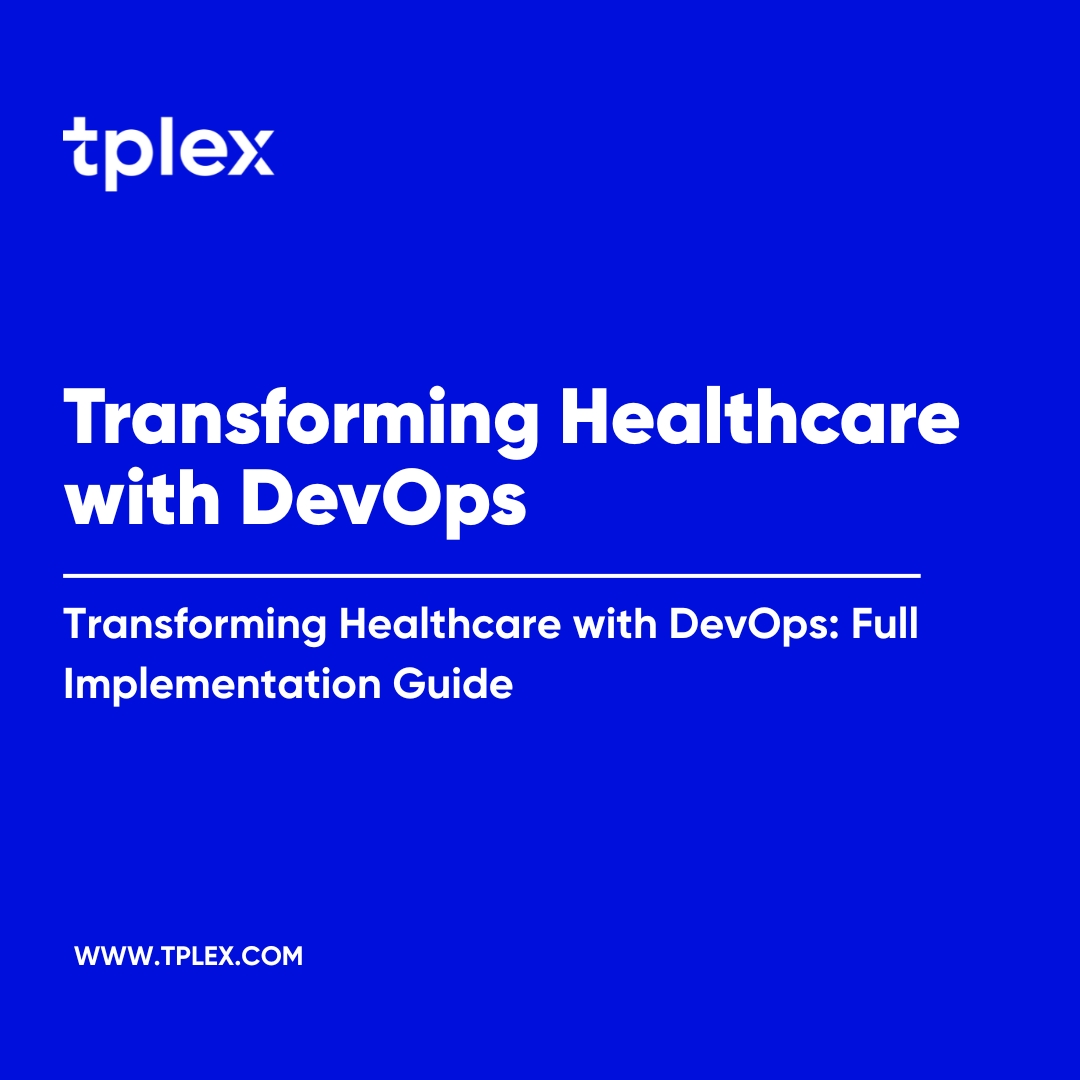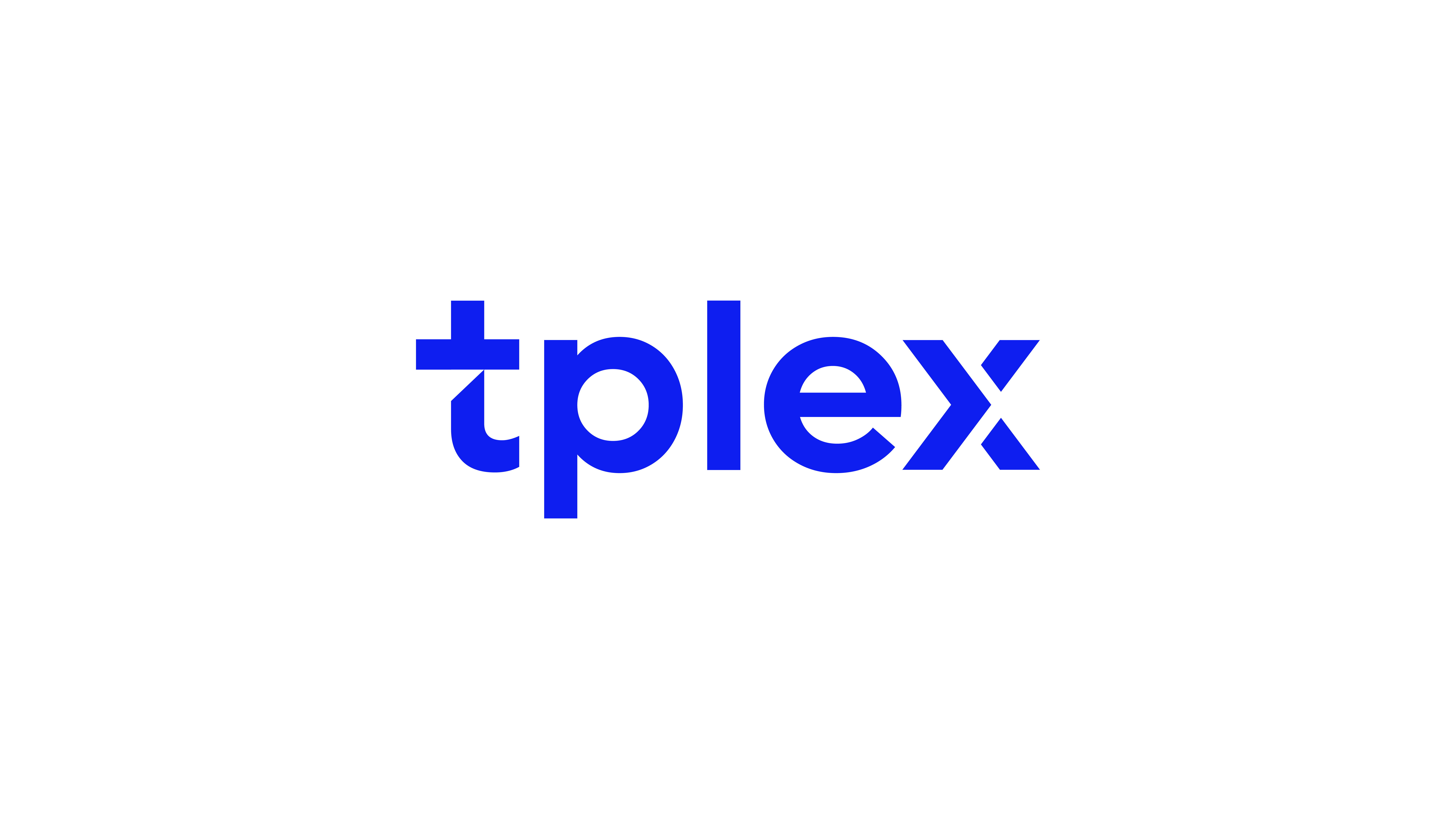Transforming Healthcare with DevOps: Full Implementation Guide

In the rapidly evolving world of healthcare, it is important to come up with efficient ways to work. The idea is to come up with patient centered solutions as one of the focal points, so that the right care is given as needed. Digital transformation has taken over most industries, and healthcare also comes under this. DevOps in healthcare has come up to be a massive gamechanger in the way that it enhances collaboration and accelerates innovation. In this guide, learn all about how DevOps has revolutionized operations for the healthcare sector and what the future looks like.
Understanding DevOps in Healthcare
DevOps is a collection of procedures that combines IT operations (Ops) and software development (Dev) to increase system stability, streamline processes, and foster better teamwork. DevOps helps businesses deliver apps more quickly, enhance data security, and preserve system stability while satisfying regulatory standards in the healthcare industry, where compliance, security, and uptime are critical.
Why DevOps is Essential for Healthcare
The healthcare industry faces massive challenges which include data security and regulatory compliance as well. Traditional IT models can definitely not keep up with that. In this sense, DevOps provides a robust framework that allows things to happen in the best way, and also for challenges to be dealt with correctly. Here is why DevOps is very important:
1. Faster Software Deployment
In today’s day and age, the speed at which things are done in key to the success of the project. Healthcare providers rely largely on different software for electronic health records and billing systems also. With DevOps at play, it becomes much easier to work on continuous integration, and also ensure that all applications work in the best way without patient services being disrupted at all.
2. Enhanced Security and Compliance
With lots of data protection regulations, healthcare organizations have to at all times make sure that their data is secure at every step of the process. DevSecOps—integrating security within DevOps—helps automate security checks, ensuring compliance while minimizing risks.
3. Improved System Reliability
In healthcare, system downtime has massive consequences. DevOps enhances monitoring and disaster recovery in the best way by ensuring that there are no disruptions and things are working as smoothly as possible.
4. Better Collaboration
DevOps allows for things to become a lot more efficient, which means that inefficiencies are largely reduced and issues are also solved much faster.
Steps for Implementation
So how can this be implemented in the healthcare sector? Here is an approach:
Step 1: Establish a DevOps Culture
It all starts with a cultural shift, where organizations have to promote collaboration and automation amongst developers, so that they can work in the best way possible. The idea is to encourage cross cultural teams to work together in a way in which they can focus on healthcare applications. Not just that, but they also have to invest in training and skill development, so that they can smoothly align things. There also has to be an agile mindset for everyone.
Step 2: Implement CI/CD Pipelines
CI/CD pipelines make sure that the releases are all faster and free of errors too. the key to is to detect issues early on much before deployment.
Step 3: Leverage Cloud Computing
Cloud platforms allow for scalability and security for healthcare applications. The idea is to make use of AWS and Google Cloud so that healthcare infrastructure can be managed in the best way.
Step 4: Strengthen Security
Ensure security at all times with the main aim being to protect patient data in the best way possible and also ensure regulatory compliance. The idea is to focus on security checks and also conduct regular scans.
Step 5: Enhance Monitoring and Incident Response
Proactive monitoring is one of the most important things ever, to make sure that there are no loopholes in patient care at all.
Step 6: Ensure Compliance
Last but not the least it is important to ensure that healthcare organizations align all practices with regulatory frameworks so that things can work in the best way possible. This is important to maintain transparency at all times.
With these steps, you can ensure that the patient experience becomes a whole lot better and also that there is a lot of innovation.
Conclusion
Healthcare organisations can improve patient outcomes, streamline workflows, and maintain compliance in an increasingly digital landscape by embracing DevOps today, which guarantees a future-ready, innovative healthcare ecosystem that prioritises efficiency and patient care. DevOps is revolutionising healthcare by improving efficiency, security, and collaboration.



